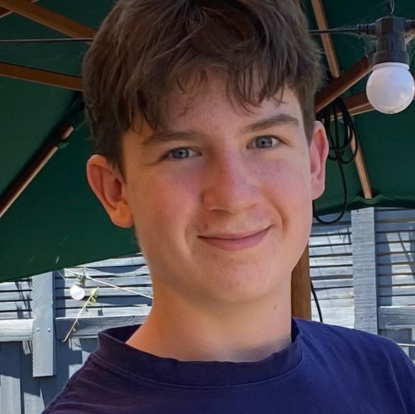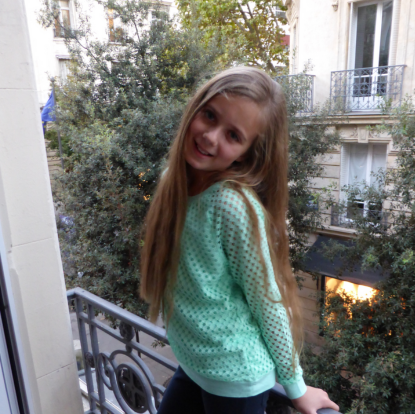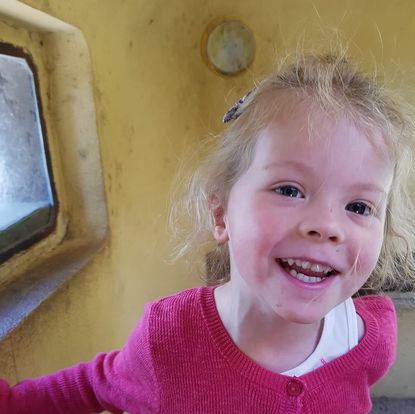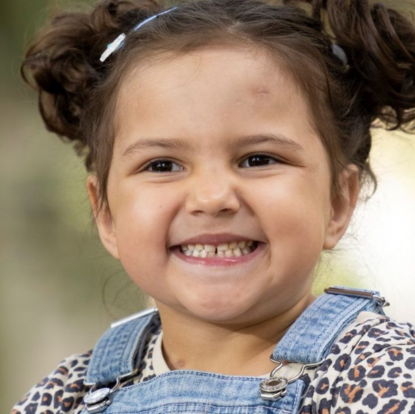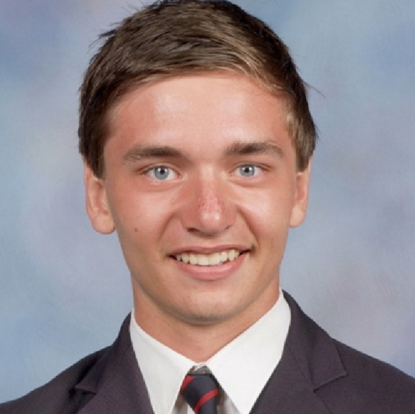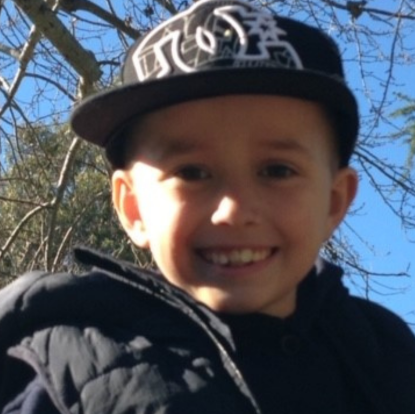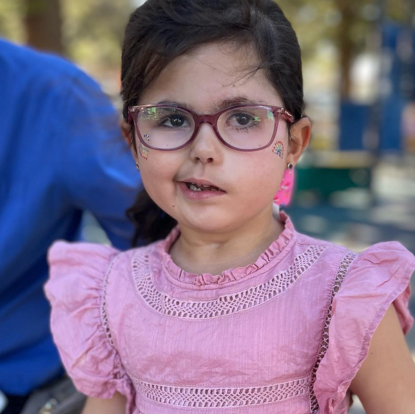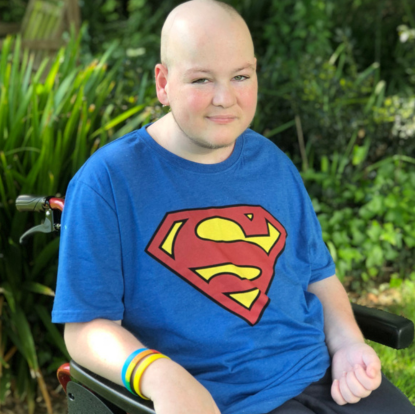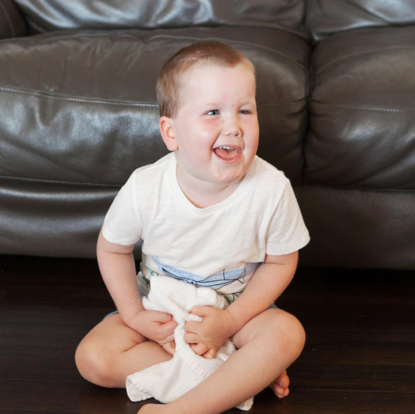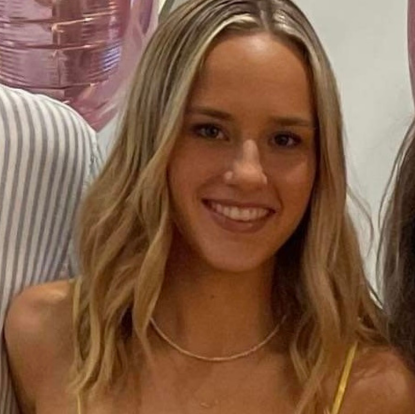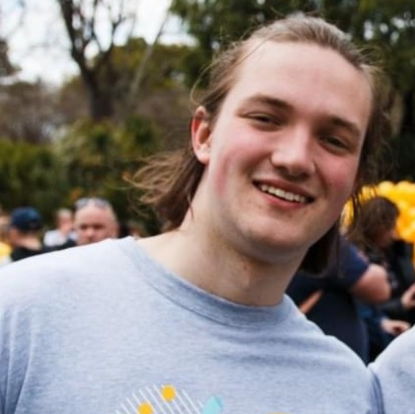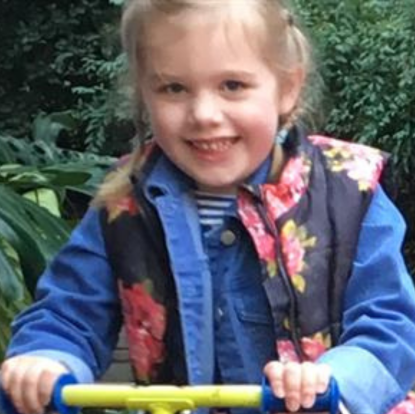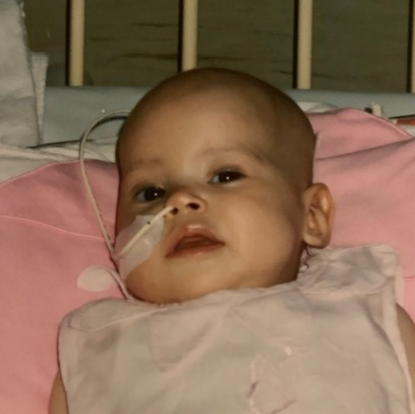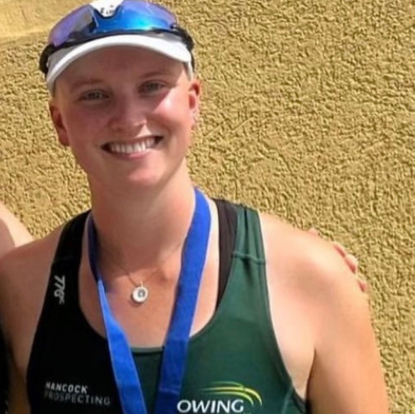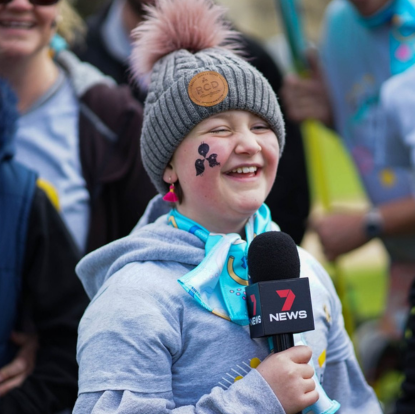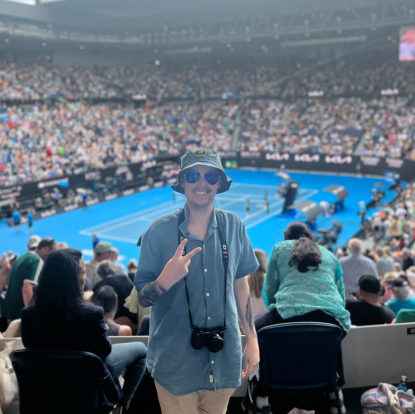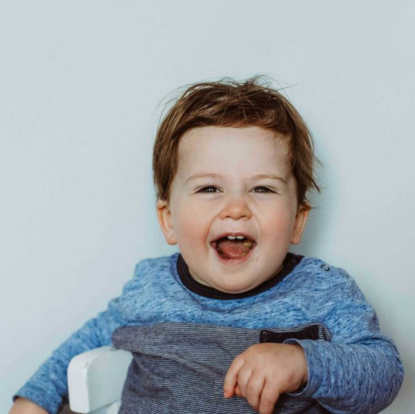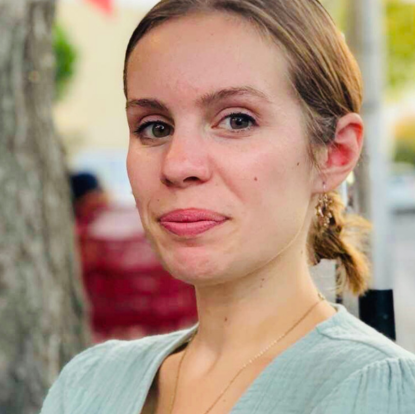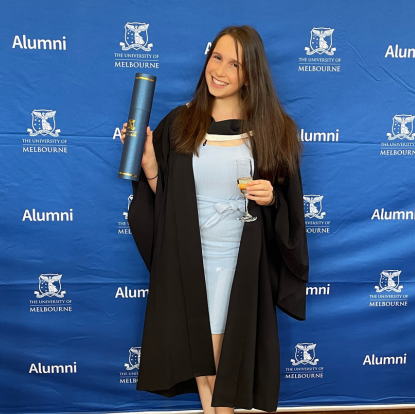ROBERT CONNOR DAWES FOUNDATION
2023 Impact Report
10 years of changing the odds for kids with brain cancer.
Liz's Update
As a valued ‘investor’ with the Robert Connor Dawes Foundation I wanted to share with you our inaugural Impact Report, reviewing the last ten years of meaningful initiatives and key research that you, our valued partner has helped bring to fruition.
In the last ten years we have firmly brought public attention and awareness to pediatric brain cancer, still the #1 disease killer of young people. We have also infused interest and focus within the pediatric brain cancer industry. Under the direction of our Research Manager, Dr Kim Wark we have helped lead and shape the priorities for the sector. We continue to work closely with all research stakeholders and like-minded groups ensuring all investments made by you are directed to the areas of highest need and making the biggest impact.
Our passion to change the odds and improve outcomes has helped create a movement-that includes you (significant donors and company partners) and our ever-growing brain cancer community, including nearly two dozen Legacy Families. Together we have made enormous strides. With your help we have ensured better testing, more efficient clinical trials and funded new PhDs and Fellows working on exciting science.
Thank you for all you’ve allowed us to do and investing with us for the future-which will mean better outcomes for young people affected by brain cancer.

Aeternum Fortis,
Liz Dawes, OAM
Founder & CEO
2013
*From like-minded charities and government sources, effectively doubling your donation impact
IMPACT Timeline
Commencement of key initiatives


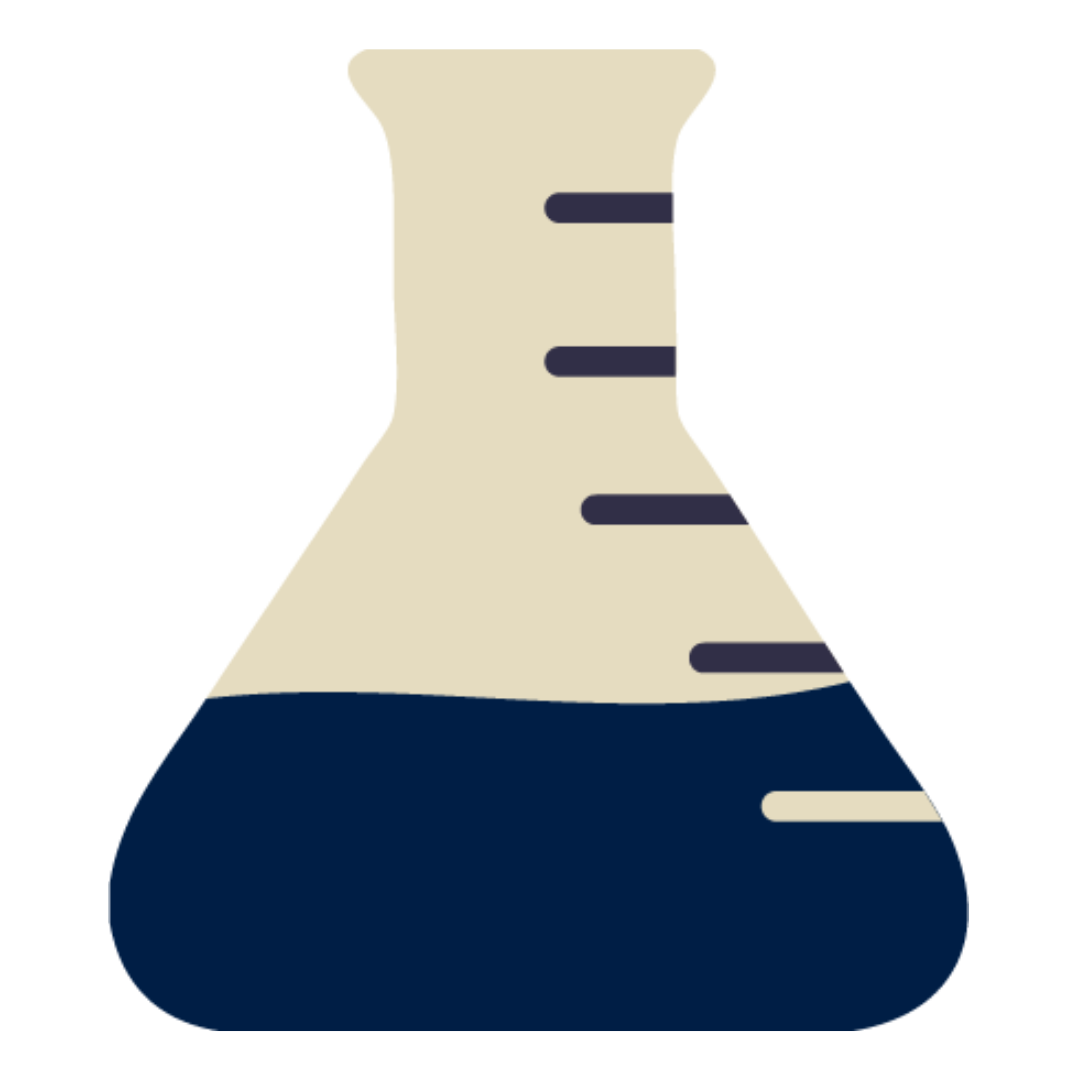
Research

Care
Supporting families by organising and funding emotionally invaluable music therapy. These programs give comfort to both the patient and the family are often not covered by insurance.

Development
Inspiring the next generation of brain cancer practitioners & researchers. Through funding travel grants, conferences and PhD Scholarships. We’re putting brain matters on the map.
RESEARCH
A few key research highlights

AIM BRAIN Project - Australian and New Zealand Haematology & Oncology Group (ANZCHOG), the German Cancer Centre (DKFZ).
An accredited diagnostic test using tumour DNA methylation profiles with other molecular data to refine the type of brain cancer and tailor treatment is now available in the clinic for all Australian children with brain cancer. This test can change the diagnosis and treatment in up to 20% of cases, and places Australia alongside the United States, Canada and United Kingdom as one of the few countries worldwide to clinically offer this important test.
The project is named in honour of Sara Chivers and her 18-month-old son Alfie, who both passed away from brain cancer in 2018. In 2017, Sara had a recurrence of an aggressive brain tumour, first diagnosed in 2008. Not long afterwards, the family received the heartbreaking news that Alfie also had an aggressive, unrelated and rare form of brain cancer.

Grace Money (pictured), was just five years old when she lost her battle to brain cancer in 2018.
THE GRACE MONEY MOLECULAR ONCOLOGY GRANT
Royal Children's Hospital, Melbourne, Australia
Together with the GRACE MONEY family, we have funded a molecular oncologist position at The Royal Children’s Hospital, Melbourne. This funding allowed brain tumours to be accurately classified according to their genetic signature, which, in some cases, influences treatment options. It also advances research into more precise, individualised treatments for children with solid and/or brain tumours. As a direct result of funding this position, the RCH will increase its participation in brain cancer and/or solid tumour paediatric and adolescent clinical trials beyond the trials currently open.
GIDEON GRATZER PHD PROJECT
Hudson Institute of Medical Research, Melbourne, Australia
The PhD project funded by the GIDEON GRATZER family, aims to identify and validate new druggable targets for paediatric high grade gliomas. It focuses on a biological molecule that allows damaged cells and those with genetic changes which would normally be destroyed and removed from the normal population to survive and become cancerous. By stopping the action of this molecule, we can potentially prevent tumour growth, also allow those tumour cells to undergo the natural programmed cell death. In its second year, it has already confirmed the role of this molecule in paediatric tumour cell lines.

Gideon Gratzer (pictured), lost his battle to brain cancer in 2019 at just nine years old.

CLINICAL TRIALS
The RCD Clinical Trial Program ($1,125,000 over five years) co-funds the following trials which are currently open:
NICHE-HGG Trial (PNOC-019):
Co-funded with Cure Brain Cancer Foundation, with additional funding from Love for Lachie and The Australian Brain Cancer Mission.
Low Grade Glioma (LGG) Avastin Trial:
This study will test the effectiveness of a drug used in combination with chemotherapy in children and adolescences aged 6 months to 18 years old with progressive or inoperable low grade gliomas.
Co-funded with Cancer Australia.
PNOC-022 (DMG-ACT):
It will assess whether adding a new drug (ONC201) in combination with two others (panobinostat and paxalisib) to standard treatments improves outcomes for children, adolescence and young adults with Diffuse Midline Gliomas (including DIPG) at initial diagnosis, post-radiation therapy and at time of progression. Being flexible, it allows others drugs to be rapidly added into the trial we promising research emerges.
Co-funded with Isabella & Marcus Foundation, Australian Communities Foundation, Australian Brain Cancer, Mission and Wayne Francis Charitable Trust
CARE
A few key highlights about our music therapy program
WHEN THE HEART SINGS THE MIND Heals

DEVELOPMENT
Key highlights of our investment in development
SINCE INCEPTION THE RCD FOUNDATION HAS:
MAKING THE WORLD SMALLER FOR PAEDIATRIC BRAIN CANCER RESEARCHERS TO LEARN FROM the brightest minds

Sponsorship and support for 16 local, national and internationally recognised conferences, symposiums or meetings, enabling knowledge exchange and fostering research collaborations. The funding of these key industry conferences such as the EPCAM Conference has resulted in a number of research collaborations directly stemming from this conference sponsored by the RCD Foundation
Increased global reach and collaboration through our funding of 33 researcher travel grants awarded to Australian researchers to ensure they can attend and present at key national and international conferences
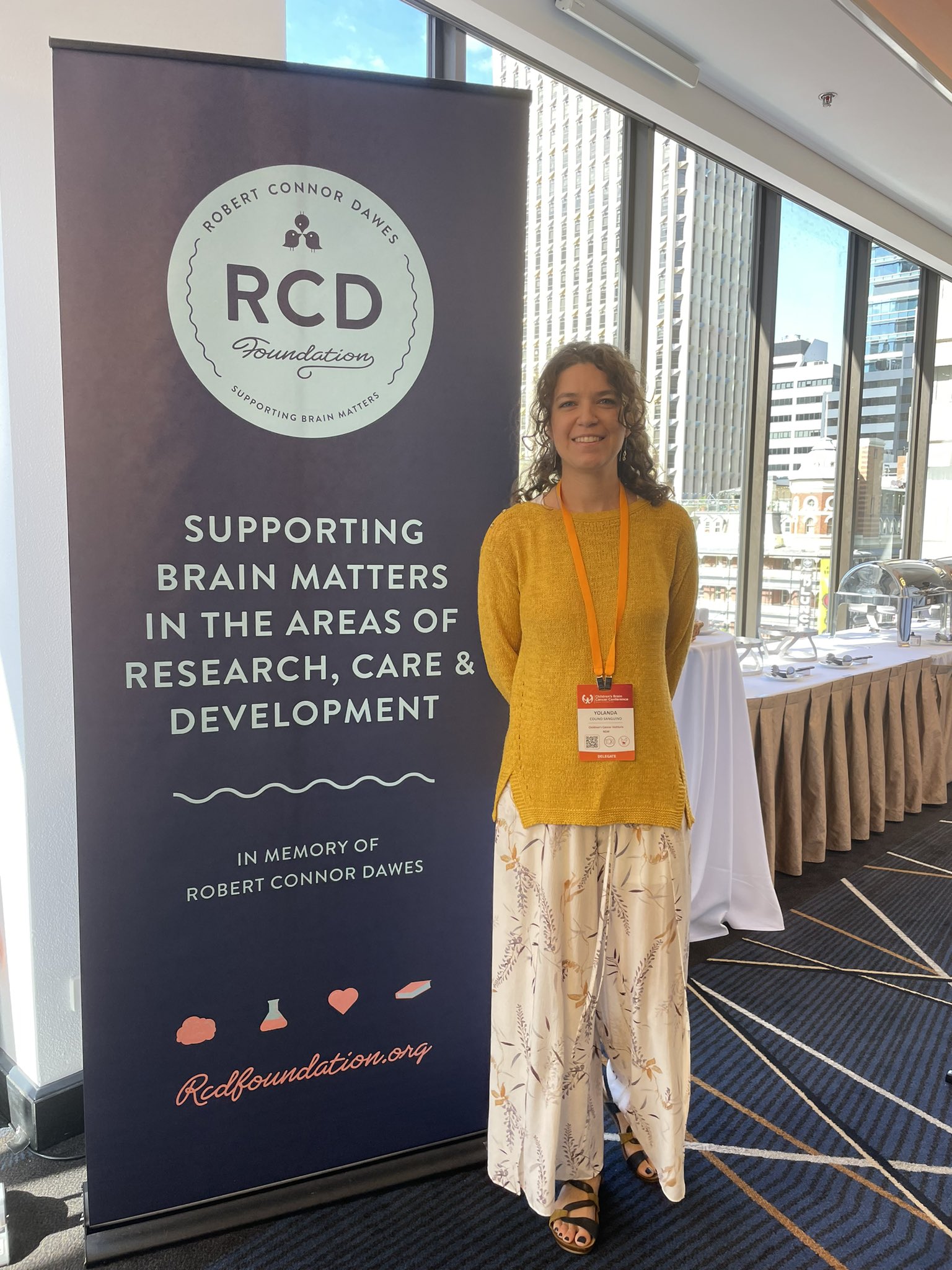
KEY ADVOCACY ACHIEVEMENTS:
The Robert Connor Dawes Foundation continues to advocate for children with brain cancer and their families, partnering with renowned paediatric brain cancer research labs and consortia around the world.
Member of Australian Brain Cancer Mission Funders Group & & Australian Brain Tumour Consortium since 2019
Children's Brain Tumor Network (CBTN) partner
The Collaborative Ependymoma Research Network (CERN) Foundation
Supporter of COllaborative Network for
NEuro-oncology
Clinical Trials (CONNECT)
DIPG/DMG Collaborative member and research partner
Australian Brain Tumour Collaborative (ABTC) member
BIG SKY PROJECTS YOU'RE HELPING US INVEST IN:
Ependymoma Vaccine
We are very excited to announce the establishment of the first Australian laboratory solely dedicated to ependymoma research.
The new team will be based at the Children’s Brain Cancer Centre (CBCC), located in the University of Queensland. It will focus on a developing an RNA vaccine for ependymoma and work collaboratively with experts in the Ian Frazer Centre For Children’s Immunotherapy Research at the university and the Holland Laboratory at the Fred Hutchinson Cancer Center in the United States.
As part of this project we are also co-funding a CERN-RCD Fellow who will spend time in the US labs learning techniques and bringing the expertise to Australia.
Paediatric brain tumours compared with adult tumours have less changes in their genetic material and therefore are able to ‘hide’ from the immune system more easily. The vaccine approach aims to significantly ramp up the body’s own immune defenses against the tumour. We have focused on Ependymoma because this type of brain tumour does not respond to any known chemotherapy. A combination of surgery and radiation therapy can be effective in some patients in the first instance. However, when those tumours reappear there is no effective therapy. We are working hard to change this.
Big Data
In a rapidly evolving field, the use of data in medical applications is without doubt the future.
We are working with the Centre for Data Driven Discovery in Biomedicine (D3b) within the Children’s Hospital of Philadelphia Research Institute with Dr Adam Resnick’s group and the Childrens Brain Tumour Network (CBTN) who have already made significant breakthroughs in establishing open source platforms with paediatric brain cancer data which is linked and can be interrogated by clinicians and researchers.
By building an evidence base pool of cases we can start to use machine learning and AI predict outcomes and build accurate clinical decision making tools.
To achieve this vision there are a number of steps along the way. Our collaborative project involving some Australian hospitals, will be a pilot to determine the most efficient and effective model to extract, gather and link paediatric brain cancer data for analysis in a consented, ethical manner, mirroring the US Kids First platform.
10 YEARS OF IMPACT FILM
THANK you!
Your investment is helping to save lives and change the odds for children with brain cancer
